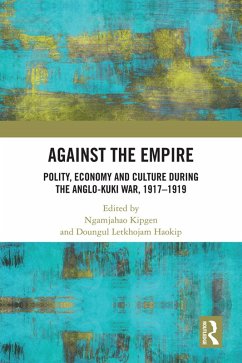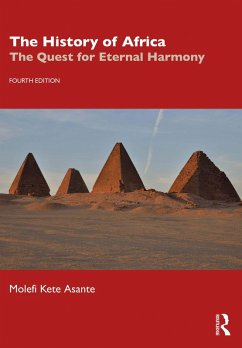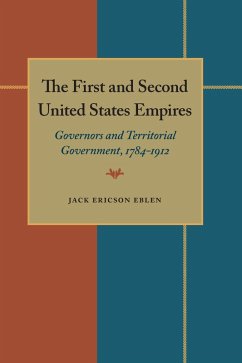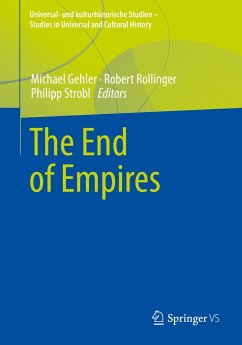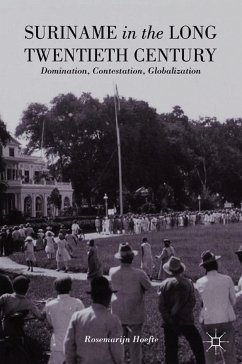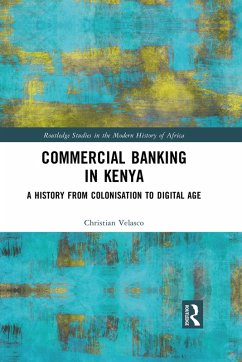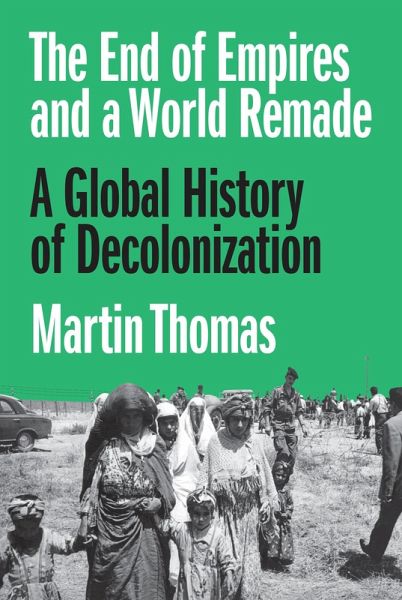
The End of Empires and a World Remade (eBook, PDF)
A Global History of Decolonization
Versandkostenfrei!
Sofort per Download lieferbar
25,95 €
inkl. MwSt.
Weitere Ausgaben:

PAYBACK Punkte
13 °P sammeln!
A capacious history of decolonization from the decline of empires to the era of globalizationEmpires, until recently, were everywhere. They shaped borders, stirred conflicts, and set the terms of international politics. With the collapse of empire came a fundamental reorganization of our world. Decolonization unfolded across territories as well as within them. Its struggles became internationalized and transnational, as much global campaigns of moral disarmament against colonial injustice as local contests of arms. In this expansive history, Martin Thomas tells the story of decolonization and ...
A capacious history of decolonization from the decline of empires to the era of globalization
Empires, until recently, were everywhere. They shaped borders, stirred conflicts, and set the terms of international politics. With the collapse of empire came a fundamental reorganization of our world. Decolonization unfolded across territories as well as within them. Its struggles became internationalized and transnational, as much global campaigns of moral disarmament against colonial injustice as local contests of arms. In this expansive history, Martin Thomas tells the story of decolonization and its intrinsic link to globalization. He traces the connections between these two transformative processes: the end of formal empire and the acceleration of global integration, market reorganization, cultural exchange, and migration.
The End of Empires and a World Remade shows how profoundly decolonization shaped the process of globalization in the wake of empire collapse. In the second half of the twentieth century, decolonization catalyzed new international coalitions; it triggered partitions and wars; and it reshaped North-South dynamics. Globalization promised the decolonized greater access to essential resources, to wider networks of influence, and to worldwide audiences, but its neoliberal variant has reinforced economic inequalities and imperial forms of political and cultural influences. In surveying these two codependent histories across the world, from Latin America to Asia, Thomas explains why the deck was so heavily stacked against newly independent nations.
Decolonization stands alongside the great world wars as the most transformative event of twentieth-century history. In The End of Empires and a World Remade, Thomas offers a masterful analysis of the greatest process of state-making (and empire-unmaking) in modern history.
Empires, until recently, were everywhere. They shaped borders, stirred conflicts, and set the terms of international politics. With the collapse of empire came a fundamental reorganization of our world. Decolonization unfolded across territories as well as within them. Its struggles became internationalized and transnational, as much global campaigns of moral disarmament against colonial injustice as local contests of arms. In this expansive history, Martin Thomas tells the story of decolonization and its intrinsic link to globalization. He traces the connections between these two transformative processes: the end of formal empire and the acceleration of global integration, market reorganization, cultural exchange, and migration.
The End of Empires and a World Remade shows how profoundly decolonization shaped the process of globalization in the wake of empire collapse. In the second half of the twentieth century, decolonization catalyzed new international coalitions; it triggered partitions and wars; and it reshaped North-South dynamics. Globalization promised the decolonized greater access to essential resources, to wider networks of influence, and to worldwide audiences, but its neoliberal variant has reinforced economic inequalities and imperial forms of political and cultural influences. In surveying these two codependent histories across the world, from Latin America to Asia, Thomas explains why the deck was so heavily stacked against newly independent nations.
Decolonization stands alongside the great world wars as the most transformative event of twentieth-century history. In The End of Empires and a World Remade, Thomas offers a masterful analysis of the greatest process of state-making (and empire-unmaking) in modern history.
Dieser Download kann aus rechtlichen Gründen nur mit Rechnungsadresse in A, D ausgeliefert werden.




